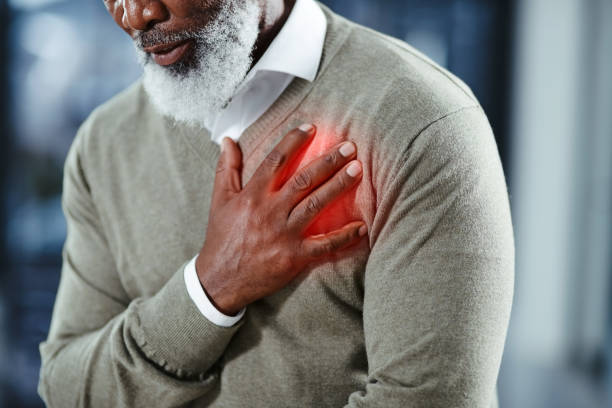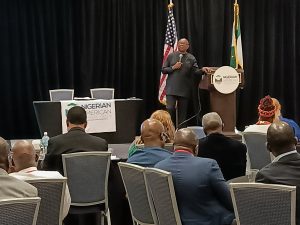Seasonal heart disease! Experts explain why this week is the most likely time of year to suffer a heart attack

As the festive season approaches, experts shed light on the concerning phenomenon known as “Holiday Heart Syndrome.” This annual uptick in heart attacks, attributed to factors like stress, poor diet, and increased alcohol intake, poses a 15 percent greater risk, particularly on Christmas Day and New Year’s Day.
The holiday season sees a significant shift in lifestyle habits for millions, marked by changes in eating, drinking, and exercise patterns. However, the carefree indulgence mindset during these celebrations can be detrimental, especially for individuals predisposed to heart issues.
Dr. Johanna Contreras, a cardiologist at Mt. Sinai Hospital System in New York City, emphasizes the added stress and overindulgence in rich foods and drinks during holiday parties and family gatherings. This, coupled with a lack of sleep and failure to recognize warning signs like chest pains, shortness of breath, and lightheadedness, contributes to the phenomenon termed “holiday heart syndrome.”

This syndrome is often associated with a sudden increase in alcohol consumption leading to irregular heart rhythms, specifically atrial fibrillation. Other contributing factors include stress, dehydration, and overeating rich or salty foods, all of which may trigger arrhythmias, increasing the risk of heart attack and stroke.
The term “holiday heart syndrome” was coined by Dr. Philip Ettinger in 1978, linking arrhythmias to binge drinking around weekends and public holidays. Research, including a 2004 study in Circulation, has reinforced this link, showing a 4.65 percent increase in cardiac deaths and a five percent increase in noncardiac deaths during the winter holidays.
A 2018 study published in the British Medical Journal found a 15 percent overall increase in heart attacks during the winter holidays in Sweden. Specifically, heart attacks surged by 37 percent on Christmas Eve, peaking at 10 pm, predominantly affecting individuals over 75.

As 2023’s holiday season coincides with both Christmas and New Year’s Day falling on a Monday, experts anticipate a potentially deadlier scenario. The excitement around the holidays may obscure warning signs, and individuals may be less inclined to visit doctors during this festive period.
Dr. Contreras emphasizes the need for awareness, stating, “No one wants to think of tragedy during this joyous time of year as we gather with family and friends. However, these startling facts are very sobering.”
In the United States, where someone experiences a heart attack every 40 seconds, and over 800,000 Americans have one annually, understanding the risks and taking precautions becomes paramount in safeguarding heart health during the holiday season.
Conclusion: As we revel in the festive spirit, it’s crucial to acknowledge the sobering reality of holiday heart syndrome. By understanding the risks associated with lifestyle changes during this season and prioritizing cardiovascular health, we can ensure a joyful celebration without compromising well-being. Stay mindful, listen to your body’s signals, and seek timely medical attention if needed, ensuring a heart-healthy and happy holiday season for all.





